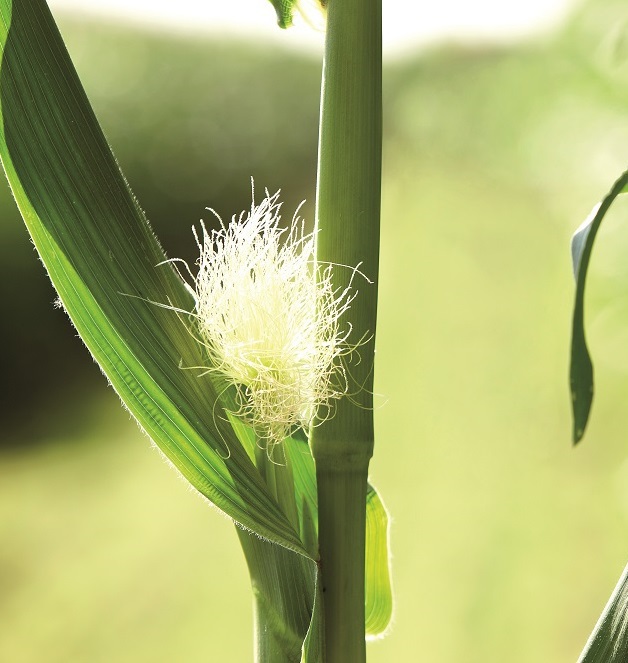“The whole of KWS achieved impressive results in the past fiscal year – net sales growth in a market that has been declining lately and an almost constant EBIT,” is how Hagen Duenbostel, Chief Executive Officer of KWS, summed up the company’s performance. “We believe the key recipe for that success is our focus as a seed specialist and our independence.” The company’s business expansion was influenced by various factors. For instance, growth regions such as Brazil, Argentina, Russia or Ukraine experienced devaluation in their currency, an effect that sharply reduced net sales, which are consolidated in euros. If exchange rates had remained constant, net sales would have grown by around 8.6%. KWS’ cost of sales rose faster than net sales in the past fiscal year, in particular due to the weather-related increase in the costs of seed multiplication. Research & development expenditure was increased by 4.5% to €182.4 (174.6) million, meaning 17.6% of the company’s revenue went to research & development. Selling expenses rose by 4.1% to €196.8 (189.0) million, while administrative expenses increased by 2.1% to €76.4 (74.8) million. EBIT at the end of the fiscal year was €112.8 (113.4) million.
Segment reports: All product segments grow their net sales
In a tough environment for agriculture, the Corn Segment expanded its operational business and increased its net sales by 5.4% to €795.2 (754.4) million. KWS improved its competitive situation in particular in South America. In Europe, the reduction in cultivation areas was not able to be offset everywhere by gains in market share and so there were declines in net sales. Expansion of distribution and research & development is the fundamental basis for the segment’s further future growth and was continued in the fiscal year. These expenditures rose by almost €10 million, one of the main reasons for the drop in the segment’s earnings. EBIT fell by a total of 24.5% to €63.6 (84.2) million, among other things due to higher cost of sales.
Net sales in the Sugarbeet Segment grew in all main regions, rising by 12.5% to €439.5 (390.5) million. The sales growth achieved by the company was accompanied by higher cultivation areas in Europe and Asia. The segment’s earnings improved, mainly as a result of expanded business and gains in market share. Research & development activities increased in line with medium-term planning, and administrative expenses again remained stable. The segment ultimately posted an increase in EBIT of 27.5% to €118.6 (93.0) million. As a result, KWS has significantly strengthened its position as the world market leader in sugarbeet seed.
Net sales in the Cereals Segment increased year on year by 6.0% to €118.0 (111.3) million. This rise is mainly attributable to the fact that revenue from the French subsidiary MOMONT was fully consolidated for the first time. Hybrid rye business, which is important for the Cereals Segment, declined as expected. However, net sales from barley varieties rose, among other things for malting barley. The segment’s income was impacted in particular by the systematic increase in expenditure on research & development and on distribution. The decline in hybrid rye business resulted in higher inventory costs and far lower contributions to earnings overall. The segment’s EBIT fell to €9.0 (12.0) million.
All cross-segment costs, such as expenditure for all central functions at the KWS Group and long-term research projects, are carried in the Corporate Segment. Its income is therefore always negative. In fiscal 2015/2016, there were positive exchange rate effects and lower costs for a number of central functions, meaning the segment posted EBIT of € –50.1 (–51.2) million.

